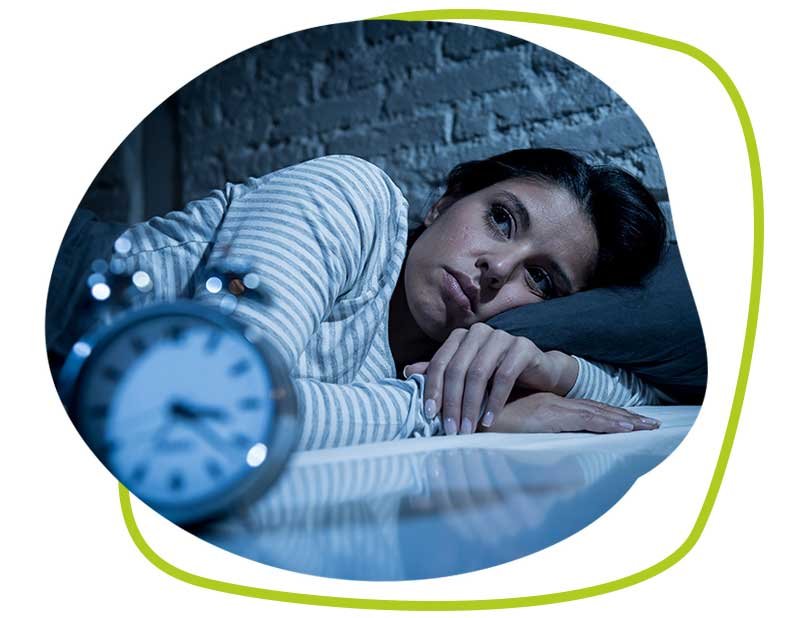What is the Insomnia treatment?
Insomnia is a sleep disorder and people who suffer from this condition find it difficult to sleep or to stay asleep or even both. Different people need different amounts of sleep. So insomnia is not defined by the number of hours a person sleeps but by the quality of sleep and how a person feels after he/she wakes up. A person suffering from insomnia does not feel refreshed after waking up. Insomnia is often a symptom of some other health problem. Insomnia can be short-term, acute or long-term and it can be the result of an underlying medical condition or just because of consumption of too much caffeine.
Acute insomnia can last for a number of days or even for a few weeks and is generally caused by stress or some distressful happening. Chronic insomnia tends to occur about three times a week for a period of three months or more. Typically, chronic insomnia is the cause of some other problem like psychological issues, medical conditions or substance abuse. Short-term insomnia is generally the result of some changes in the lifestyle.

A person can deal with insomnia by changing his/her sleeping habit and sorting out any issue that may be causing him/her to stay awake. Some of the factors that need to be addressed so as to prevent insomnia are stress, medical conditions and some medications. A person may be recommended to undergo cognitive behavioral therapy if other measures do not work. Sometimes over-the-counter medicines and prescription medicines help a person to deal with insomnia.
How is the treatment done?
Cognitive behavioral therapy helps a person to eliminate or control the negative thoughts and actions that prevent him/her from having a good night’s sleep. This is generally the first line of treatment. A person may find it extremely difficult to sleep if he/she constantly worries about sleeping. Cognitive therapy helps to deal with these psychological issues. This treatment helps a person to develop good sleep habits and avoid such behavior that prevents a good sleep. Some of the strategies used in cognitive behavioral therapy include stimulus control therapy, relaxation techniques, sleep restriction and light therapy. Another unique procedure is the remaining passively awake technique. This treatment is also known as paradoxical intention which helps to reduce the worry and anxiety associated with the pressure of not being able to sleep. It requires a person to try and stay awake rather than falling asleep.
Prescription medicines may be recommended by a doctor to help a person to sleep or to stay asleep or both. Some of the prescription drugs that help to deal with insomnia are eszopiclone, ramelteon, zaleplon and zolpidem. Nonprescription medications which contain antihistamines help a person to feel drowsy and help with short-term insomnia.
Some of the basic lifestyle and home remedies that a person can make to deal with insomnia are by staying active, checking medications, avoiding naps during the daytime, limiting intake of caffeine and alcohol and sticking to a proper sleep schedule. A person should also avoid large meals before going to bed and avoid trying too hard to get some sleep.
Who is eligible for the treatment?
Some of the symptoms that may help to understand whether a person is suffering from insomnia or not are: if a person wakes up early in the morning, if he/she experiences sleep that does not refresh or rejuvenate him/her and if he/she has problems falling or staying asleep. A person suffering from any of the symptoms can also suffer from fatigue, unexplained mood changes and may experience difficulty in concentrating on the daily tasks. Such a person is eligible for treatment.
Who is eligible for the treatment?
A doctor can diagnose a person to be suffering from insomnia after evaluating his/her medical conditions, the social environment where he/she lives, the psychological or emotional conditions and the sleep history of the patient. A patient may also be required to maintain a sleep log which will help a physician to analyze his/her sleep pattern. Sometimes a sleep study may also be recommended at a sleep center. A person who has not been diagnosed with insomnia even after he/she has undergone such tests and evaluations is not eligible for treatment.
